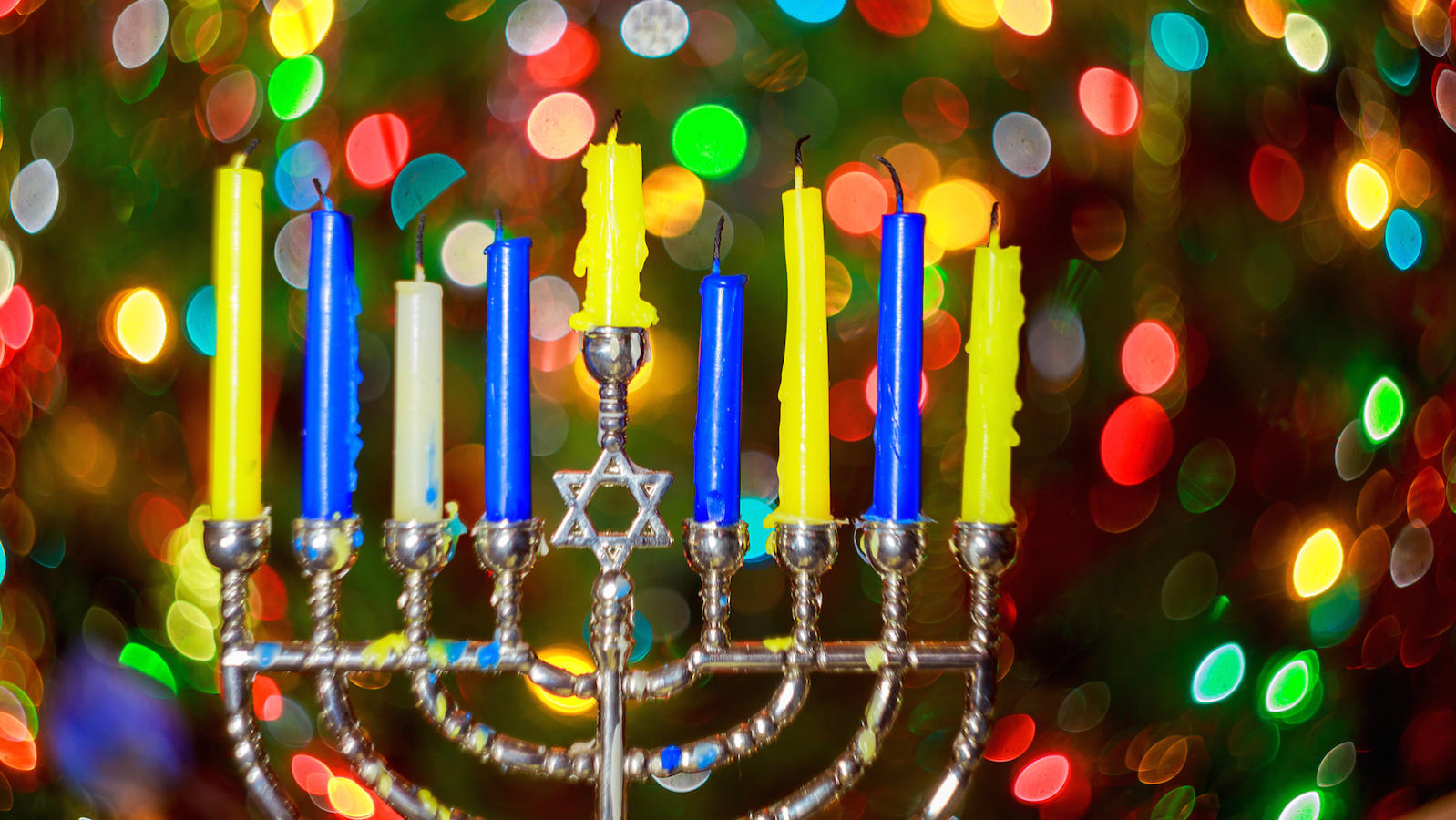
Hanukkah, also known as the Festival of Lights, is a significant Jewish holiday that usually falls in late November or December, often around the same time as Christmas. While it may not be as widely celebrated as Christmas, Hanukkah is an important part of Jewish heritage and culture. In this article, we will delve into the history, traditions, and significance of Hanukkah, as well as its connection to Christmas.
History of Hanukkah
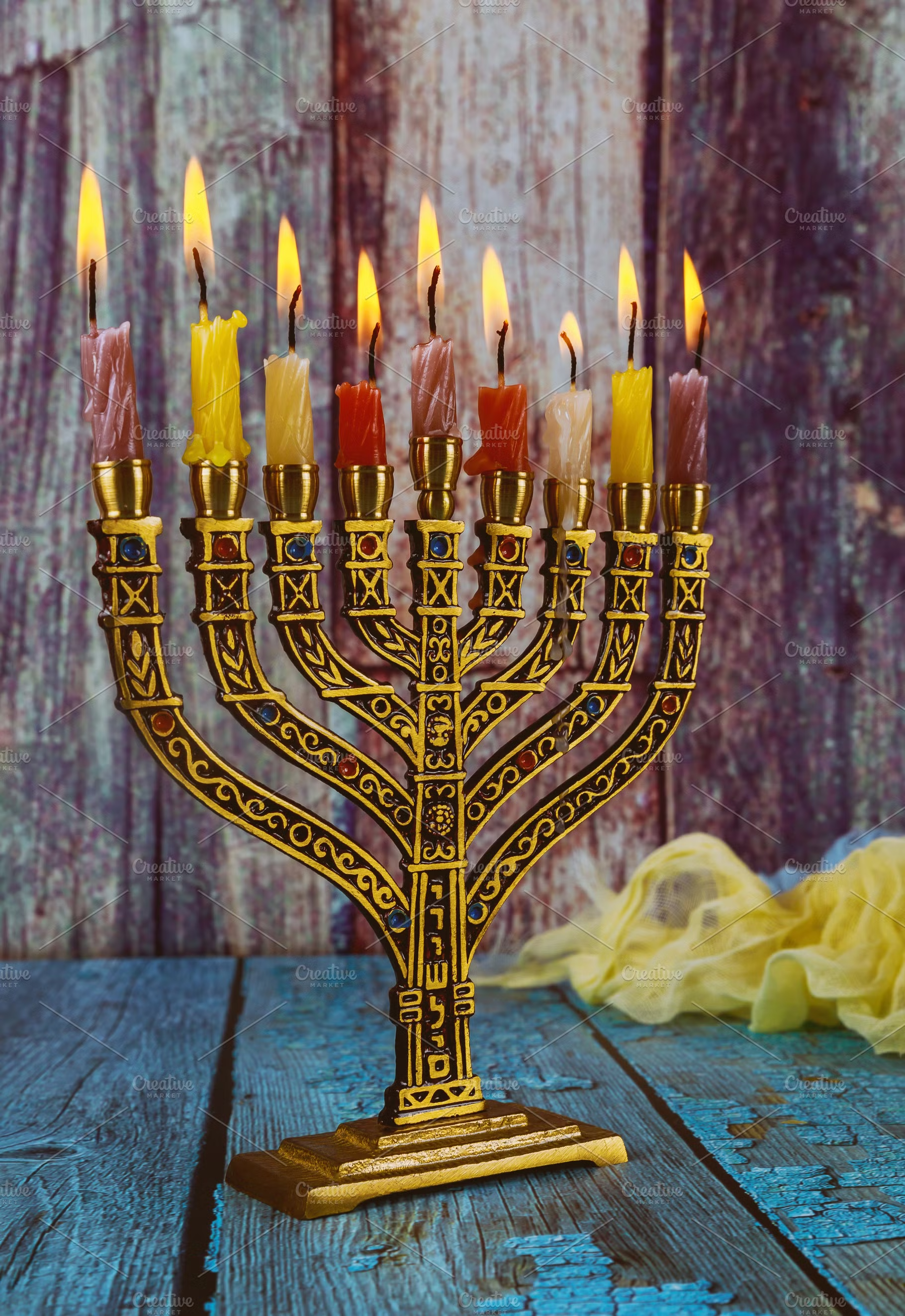
Hanukkah dates back to the 2nd century BCE, during the Maccabean Revolt against the Syrian-Greek Empire. The story goes that the Syrian-Greek king, Antiochus IV Epiphanes, had desecrated the Temple in Jerusalem by erecting a statue of Zeus and forcing the Jews to worship Greek gods. A small group of Jewish rebels, led by Judah Maccabee, rose up against the empire and eventually recaptured the Temple.
When the Maccabees entered the Temple, they found that the menorah, a seven-branched candelabrum, had been left untouched. However, there was only enough oil to light the menorah for one day. Miraculously, the oil lasted for eight days, allowing the Jews to prepare new oil for the Temple. This miracle is seen as a sign of God's presence and blessing, and it is celebrated during the eight days of Hanukkah.
Traditions and Customs
Hanukkah is a joyous holiday filled with traditions and customs that bring families and communities together. Here are some of the most significant ones:
-
Lighting the Menorah
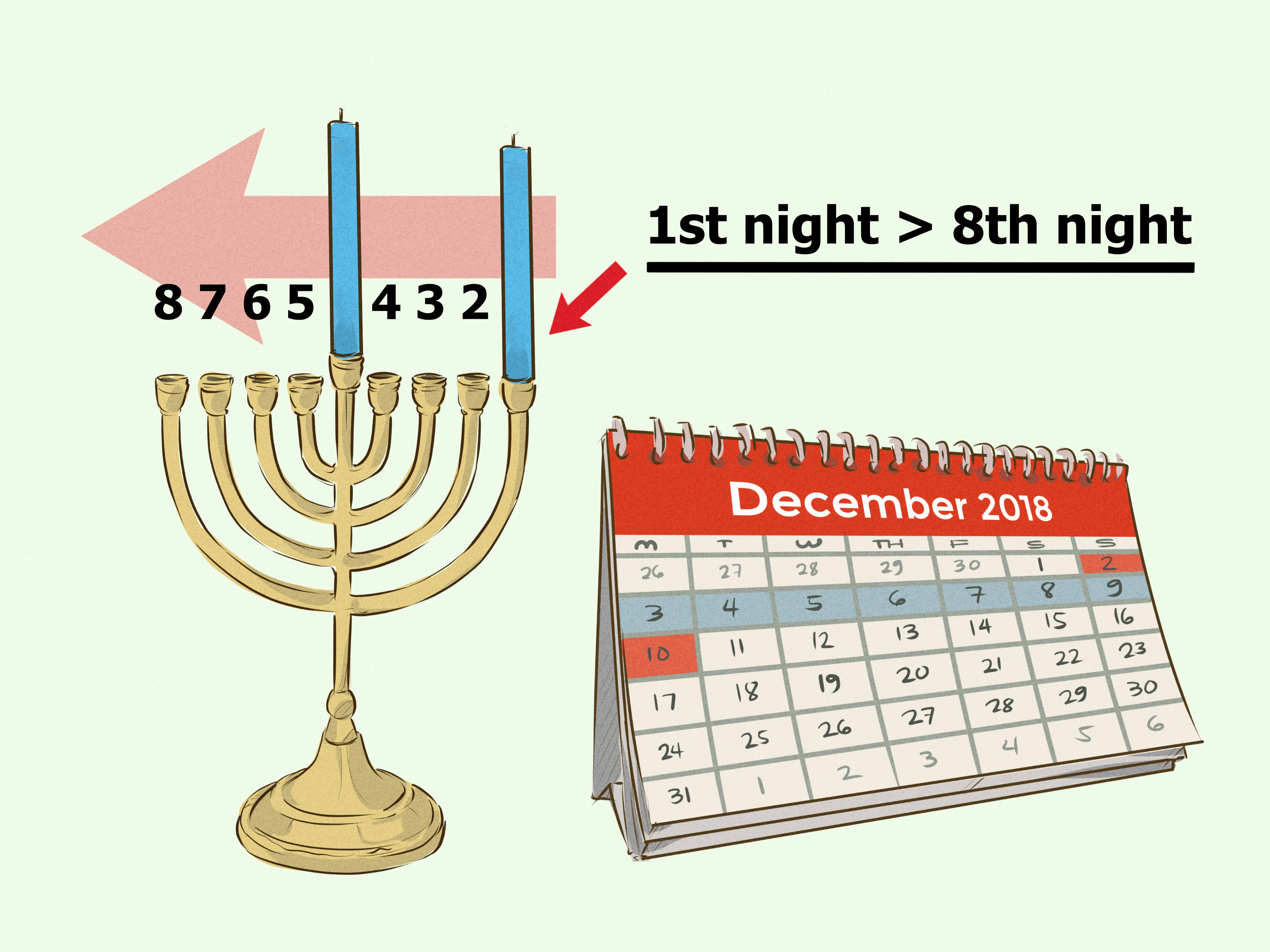
The most iconic Hanukkah tradition is the lighting of the menorah. Each night, one additional candle is lit until all eight candles and the shamash (helper candle) are lit. The shamash is used to light the other candles.
-
Saying Blessings
During the lighting of the menorah, special blessings are recited to thank God for the miracle of the oil.
-
Eating Traditional Foods
Traditional Hanukkah foods are fried in oil to commemorate the miracle. Latkes (potato pancakes) and sufganiyot (jelly-filled doughnuts) are two popular treats.
-
Playing Dreidel
The dreidel is a four-sided spinning top with Hebrew letters on each side. Players take turns spinning the dreidel, and the letter that lands facing up determines the player's next move.
-
Exchanging Gifts
While not a traditional part of Hanukkah, exchanging gifts has become a popular custom in many Jewish families.
Connection to Christmas
Hanukkah and Christmas share some similarities, which may be due to their proximity on the calendar. Here are a few connections between the two holidays:
-
Lighting
Both holidays feature lighting as a central theme. Hanukkah's menorah and Christmas's Christmas tree lights symbolize the triumph of light over darkness.
-
Gift-Giving
While not a traditional part of Hanukkah, gift-giving has become a popular custom in many Jewish families, much like Christmas.
-
Family and Community
Both holidays are times for family and community to come together and celebrate.
Gallery of Hanukkah Images

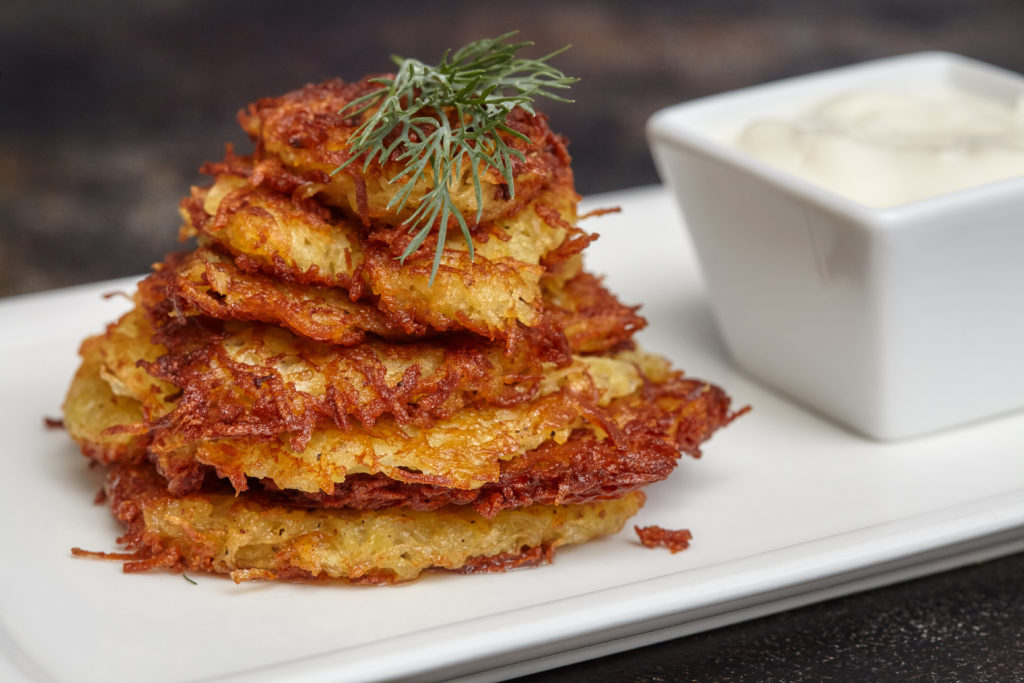

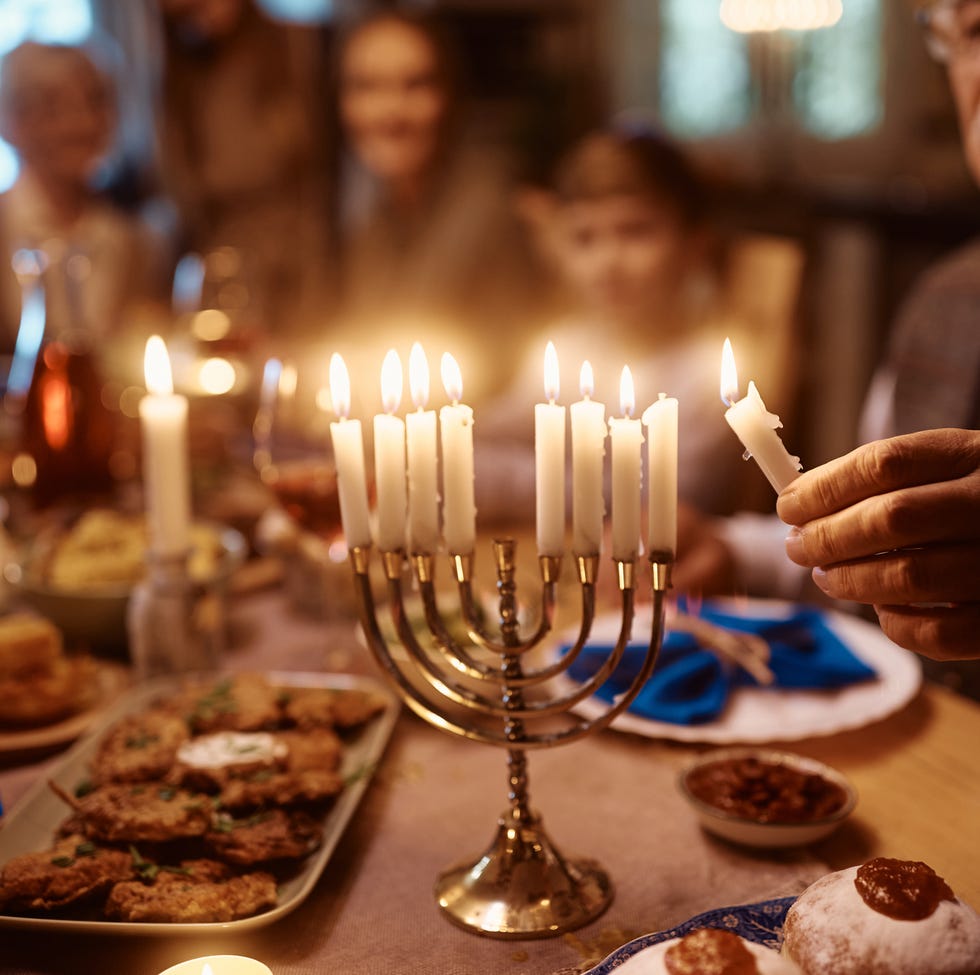
FAQs
What is the meaning of Hanukkah?
+Hanukkah is a Jewish holiday that commemorates the miracle of the oil that burned for eight days in the rededicated Temple in Jerusalem during the Maccabean Revolt.
How long does Hanukkah last?
+Hanukkah lasts for eight days and nights, usually in late November or December.
What is the significance of the menorah?
+The menorah is a seven-branched candelabrum that is lit during Hanukkah to commemorate the miracle of the oil. Each night, one additional candle is lit until all eight candles and the shamash (helper candle) are lit.
As we conclude our exploration of Hanukkah, we hope that you have gained a deeper understanding of this significant Jewish holiday. Whether you are Jewish or not, Hanukkah's themes of light, community, and family are universal and worth celebrating. Share your thoughts and experiences with us in the comments below, and don't forget to share this article with your friends and family!